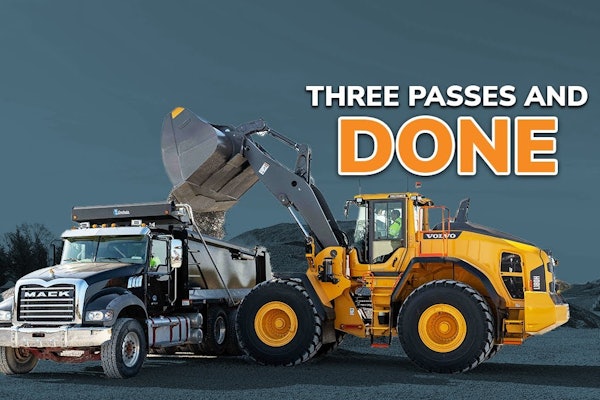Capitalism as an infrastructure solution
By Kirk Landers
As our dysfunctional governing bodies slither away from the challenge of passing a meaningful federal highway bill, small-government advocates and growing numbers of political moderates dream warm, fuzzy dreams about privatizing away our infrastructure problems.
And why not? Indiana pocketed $3.8 billion in the last decade dumping the 175-mile Indiana Toll Road on a private concern, shortly before the Great Recession set in and sent toll revenues severely downward. Similarly, Chicago pawned off its horribly pockmarked Skyway to a private business, netting $1.83 billion for the 7.8-mile shortcut from Chicago to Indiana while getting out from under a costly rebuild/repair project.

While federal regulations currently prohibit the conversion of Interstate highways from un-tolled to tolled roads, it may be easier for elected officials to lift that restriction than to pass a legitimate transportation bill.
The privatization binge of the past decade was not a panacea and the industry’s best interests lie in proceeding with caution.
The expediency of the privatization solution is compelling.
In construction circles, more privatization could stimulate the demand for heavy construction in two ways. First, private owners of major roadways might be inclined to immediately make major improvements in pavements, bridges and rights of way. It makes good business sense because the lowest-cost way to protect one’s investment in the physical infrastructure is by stopping deterioration as early as possible.
Second, the money netted by state and local governments could be spent on other infrastructure needs. This was the case in Indiana, where the state invested part of its privatization windfall in an aggressive, state-wide road and bridge improvement program.
But the privatization binge of the past decade was not a panacea and the construction industry’s best interests lie in proceeding with caution. The list of pitfalls starts with the suspicion in investment circles that private firms spent too much for properties like the Indiana Toll Road and the Chicago Skyway. And the recession brought investor appetite for large infrastructure deals to a standstill, though interest is likely to return eventually, albeit in more conservative ventures.
From the government/citizen side of the equation, the shortcomings of privatization deals focus mostly on how early agreements were structured. For example, the company operating the Indiana Toll Road blocked turn-around lanes at one point, but the blockages not only discourage toll scofflaws, they also prevented access for emergency vehicles. Critics also claim that some privatization contracts specifically prevent the state or local government from building a competing road. In one proposal, it is reported that the private company wanted to ban the government from maintaining an existing road that might reduce traffic on the private highway.
Privatizing roads and bridges is a practice that’s still in its infancy, and both government and industry need to apply the lessons of the recent past to creating – dare we say it – “sustainable” contracts that reward capitalists for the risks they take while preserving the service and safety needs of the public.












